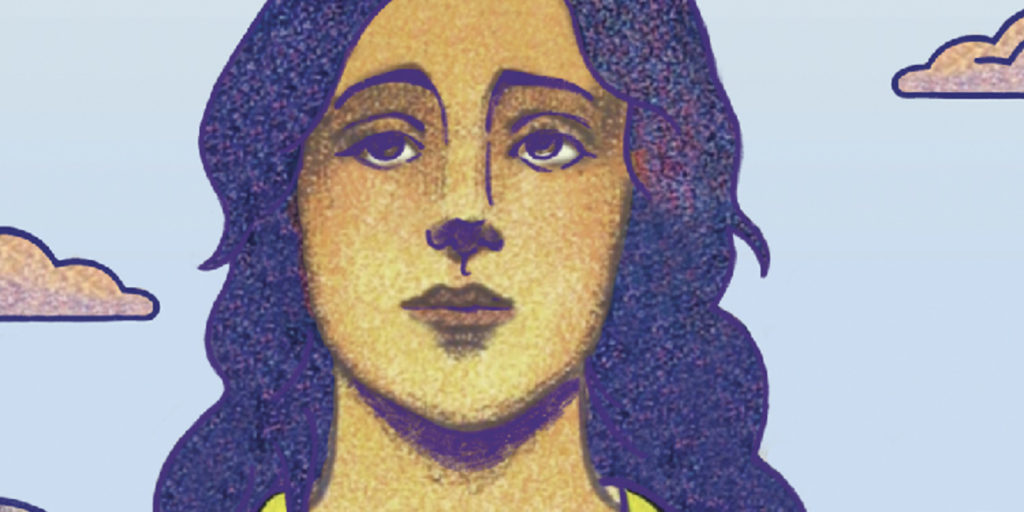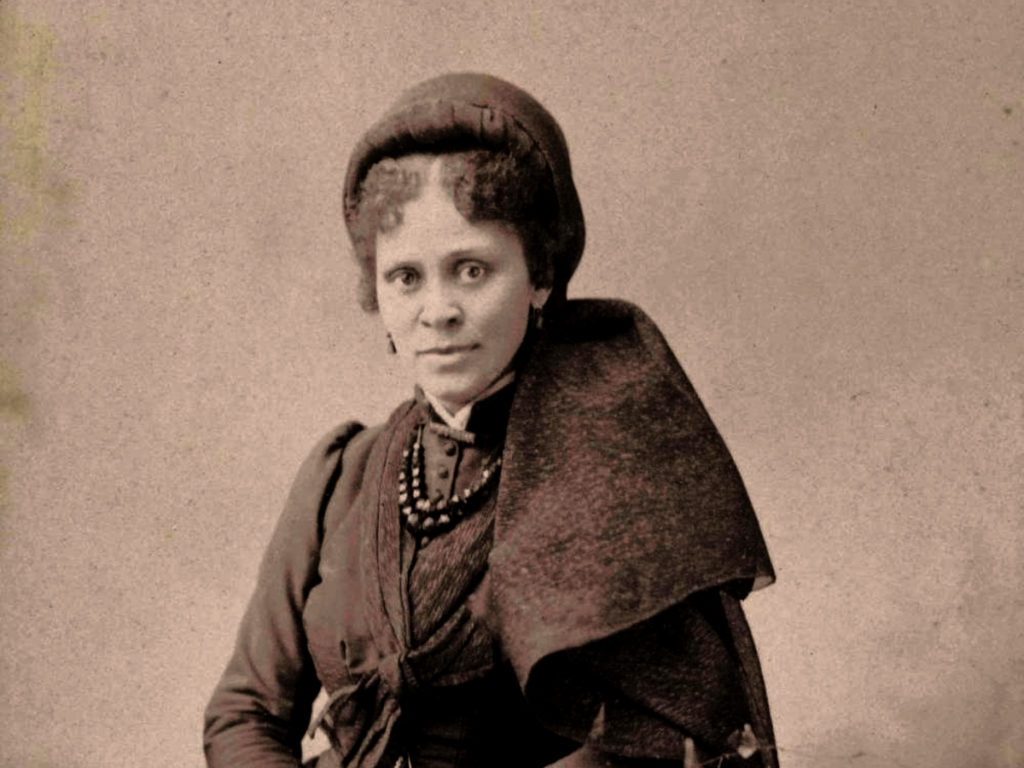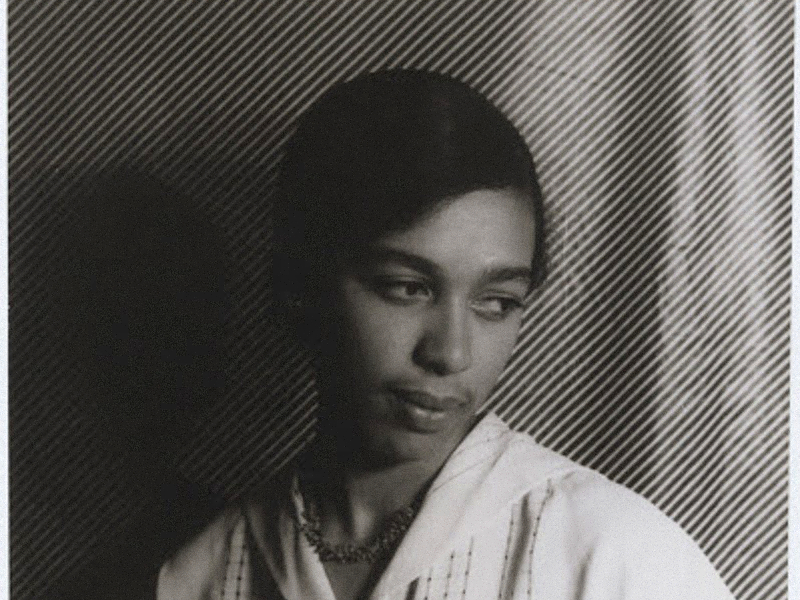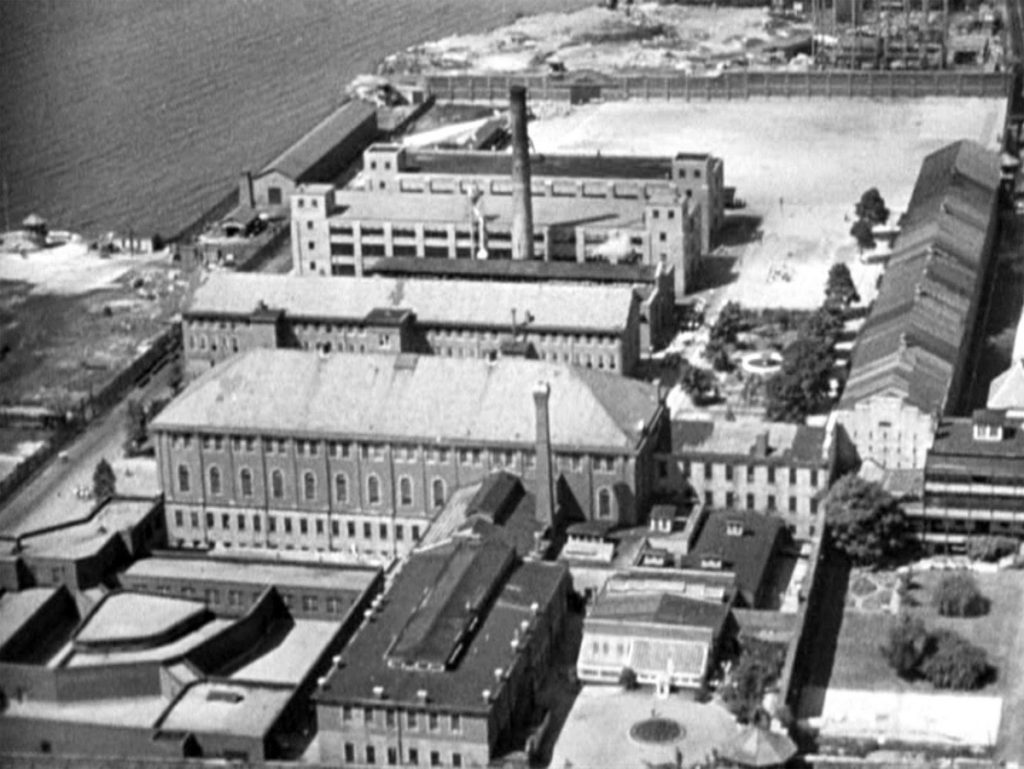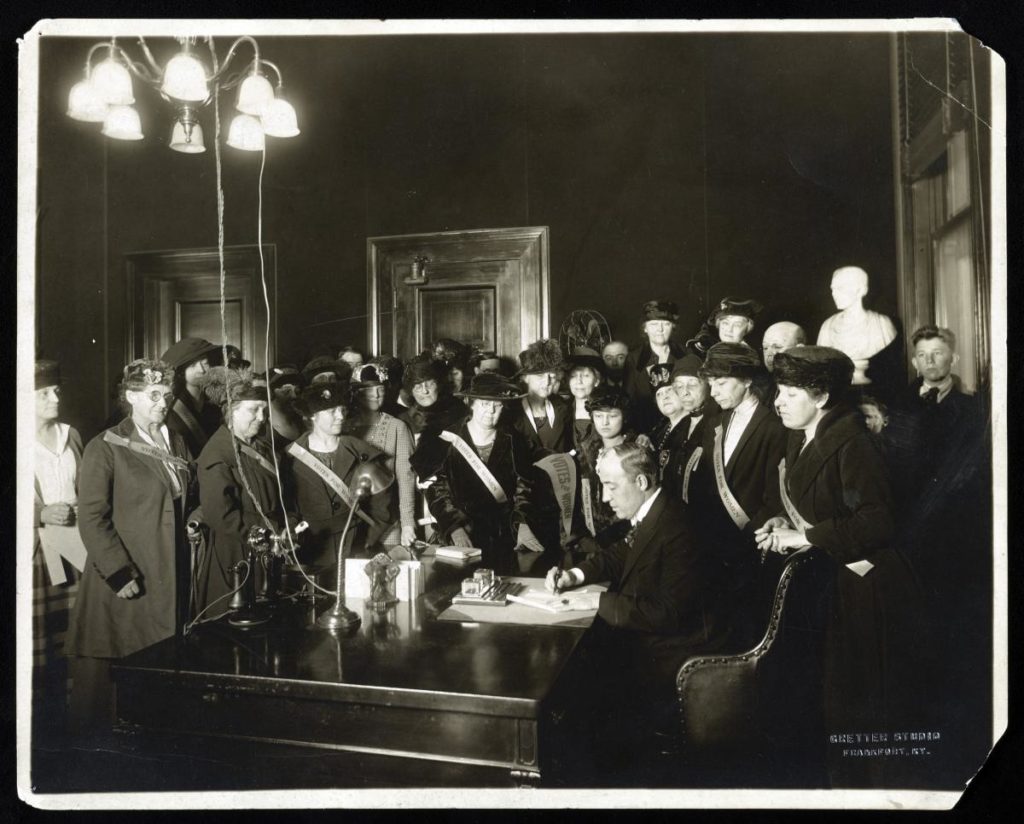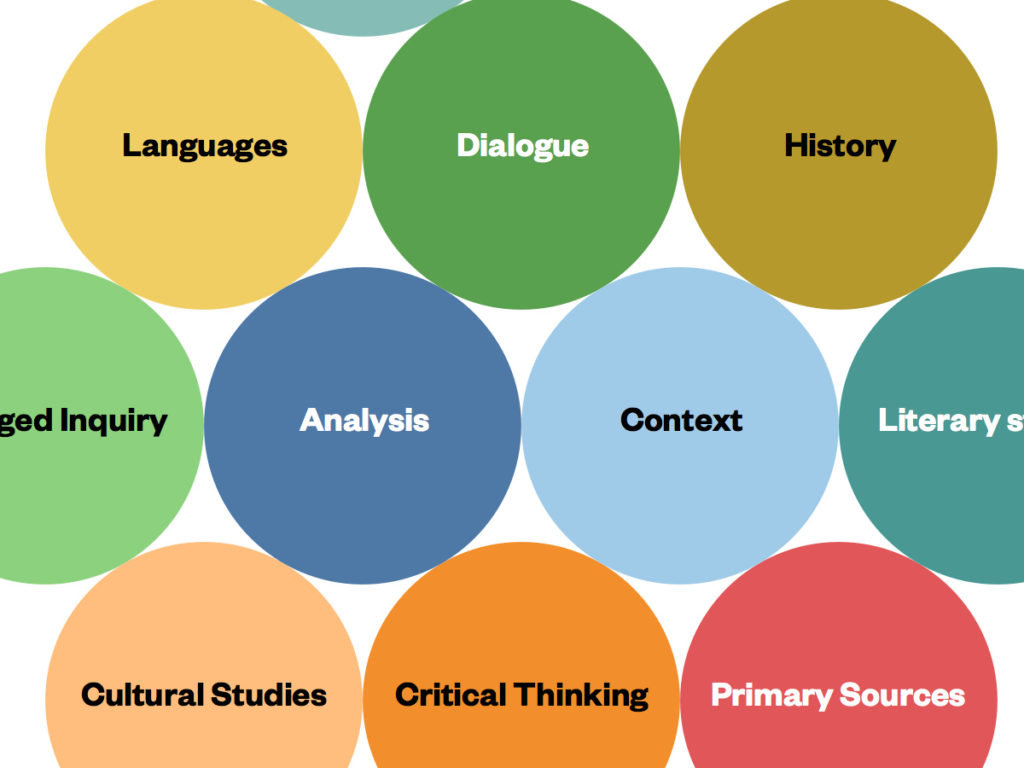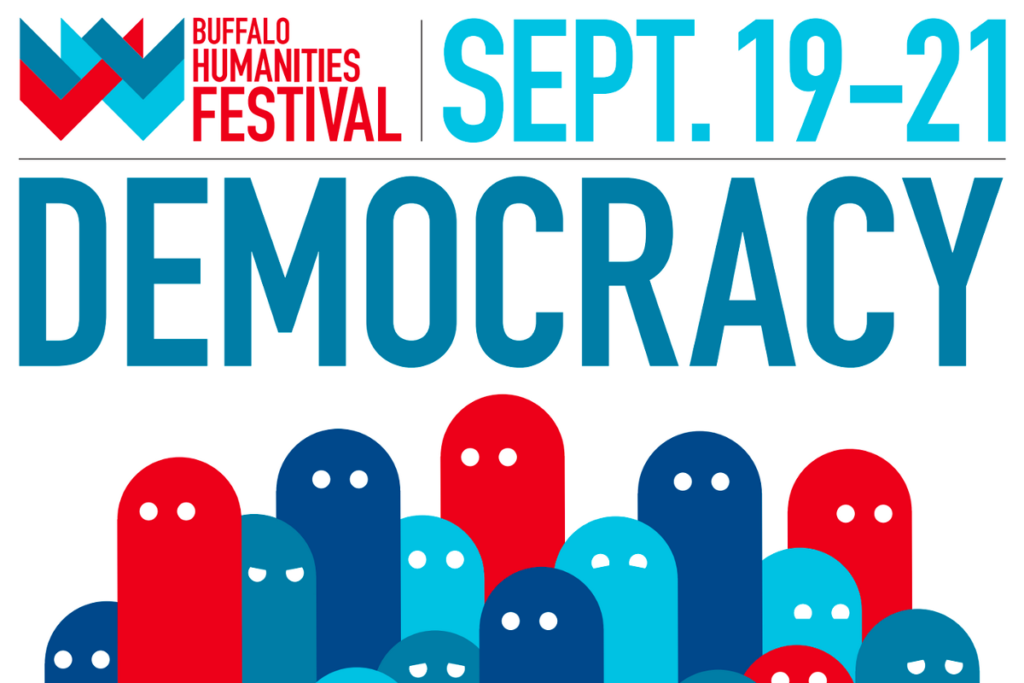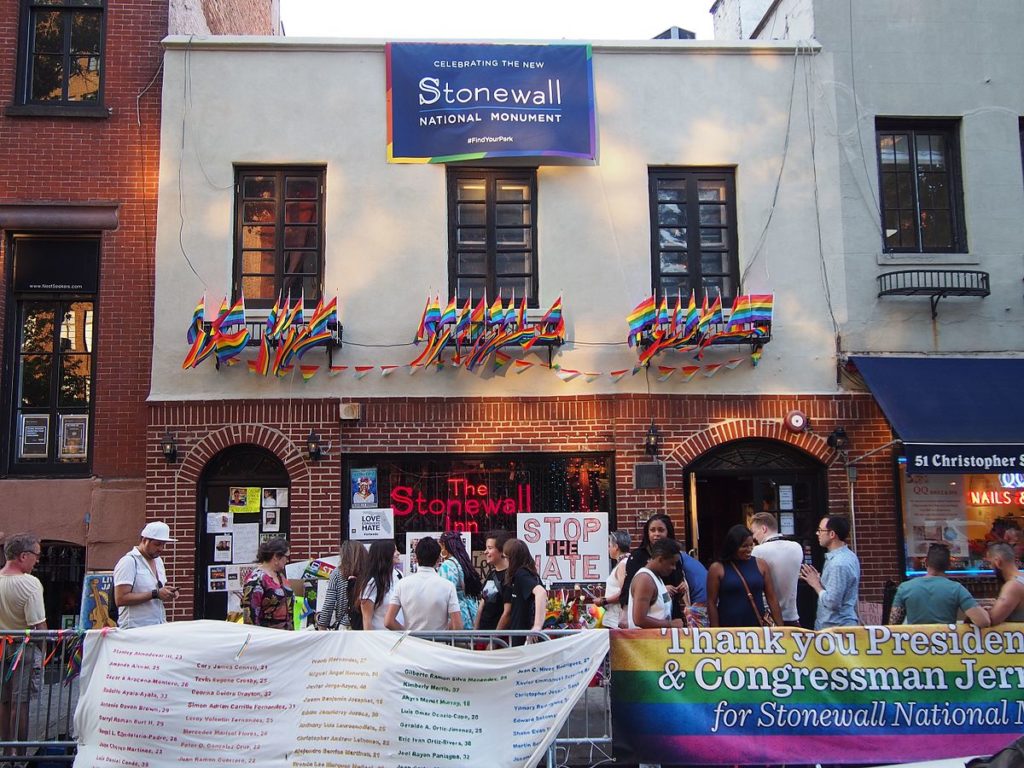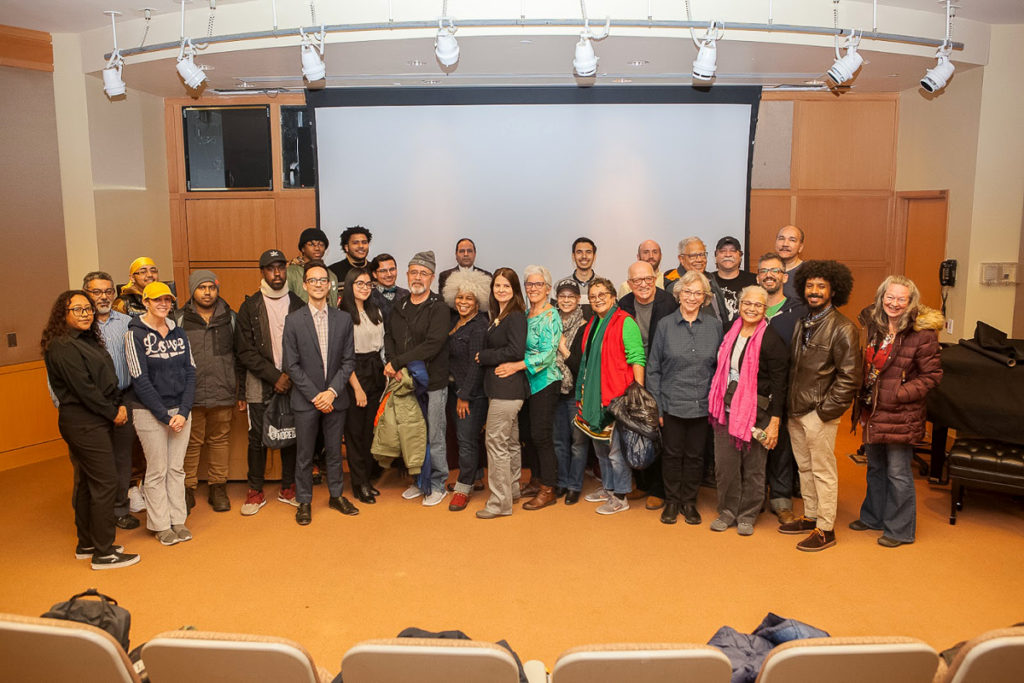We’ve gathered nineteen suggestions to commemorate the centennial of the Nineteenth Amendment. All are available in ebook format, and most have audiobook versions as well. Be sure to visit your public library’s website! Your library card may get you free access to digital versions of these books via platforms such as Libby and Hoopla. Don’t have a library card? New York Public Library has expanded its online offerings — any New York State resident may apply for a card via the SimplyE app. If you want to commemorate the U.S. women’s suffrage centennial. . . …here are some recently published […]
How Black Suffragists Fought for the Right to Vote and a Modicum of Respect
Hallie Quinn Brown and Other “Homespun Heroines” By Martha S. Jones Hallie Quinn Brown knew the power of black women and urged anyone who heard her to let it flourish. Read her remarks from 1889 and you might believe she saw the future or at least had the capacity to call it into being: “I believe there are as great possibilities in women as there are in men. . . . We are marching onward grandly. . . . We love to think of the great women of our race—the mothers who have struggled through poverty to educate their children. […]
Definitions of Black Agency: The Legacy of Mildred Johnson Edwards
Ansley Erickson, a historian at Teachers College, Columbia University, and Karen Taylor, the founder and director of “While We Are Still Here,” a Harlem-based heritage-preservation site, received an Action Grant to host two public events as part of their process in documenting Harlem’s rich tradition of education. Ansley is Co-Director and Karen is Director of Public History at the Harlem Education History Project, which uses archival materials and oral histories to preserve and share stories of education in Harlem. Humanities New York sat with them to learn about what inspired this initiative―and Mildred Johnson Edwards, whose vision materialized a legacy […]
The Sing Sing Revolt
By Lee Bernstein The New York History Journal has been re-imagined and re-launched by our partners at the New York State Museum and Cornell University Press. The journal welcomes submissions from public historians, municipal historians, museum professionals, and archivists, in addition to academic historians–very much in the spirit of Humanities New York as we help build the burgeoning field of the public humanities. The article we’d like to share with you on the blog concerns “The Sing Sing Revolt” which, coming ten years after the uprising at Attica, is less talked about, but sheds important light on the way that event shaped the criminal justice system in New […]
Winning the Vote
A divided movement brought about the Nineteenth Amendment. By Lisa Tetrault In 1869, a bold new idea was born. It would have been inconceivable a few years earlier. Upending everything about the balance between state and federal power, this idea strove to remake American democracy. It proved so vexing that we are still sorting out its implications. “Woman’s Suffrage by the proposed Sixteenth Amendment is before the nation for consideration,” one newspaper heralded. Demanding their enfranchisement through a constitutional amendment, “women,” another column remarked, “strike out in a new path.” Women had been demanding the vote for some time, but this […]
Cultural Field Survey – 2019
History Humanities New York first circulated its Cultural Field Survey in 2016, in order to complement other data sets important to the public humanities (these include Data Arts and the National Humanities Indicators). This year’s survey used both quantitative and qualitative questions to build on the previous year’s survey in order to help HNY better serve its grantees and program partners. Method The survey data was collected in the Summer of 2019 using data from 393 responses. Respondents were drawn from the HNY database and community partners, with 94% of respondents having heard of HNY prior to taking the survey. […]
Buffalo Humanities Festival Q&A with David Castillo
The Buffalo Humanities Festival, now in its sixth year, is a public humanities project organized by the UB Humanities Institute in collaboration with other local and regional cultural institutions, including Buffalo State College, Canisius College, Niagara University, the Buffalo and Erie County Public Library, and Humanities New York, with the initial support of HNY, the Oishei Foundation, and the ongoing funding of the UB College of Arts and Sciences (CAS) and the UB Vice President for Research and Economic Development (OVPRED). In recent years, the Festival has been devoted to engaging the Buffalo community in critical conversations on the big […]
West of Stonewall: The Struggle for LGBT Rights in Western New York
Fifty years since the historical uprising at the Stonewall Inn in New York City. Fifty years since the founding of Buffalo’s earliest gay rights organization, the Mattachine Society of the Niagara Frontier. Which is the more significant for Buffalo? Humanities New York funded “Gay Liberation NOW: Buffalo Mattachine and the Myth of Stonewall” to shed light on the story of how the struggle for gay liberation in Western New York evolved, in parallel to Stonewall but not because of it. Humanities New York spoke with grantee Adrienne Hill, who co-founded the Buffalo-Niagara LGBTQ History Project. Hill lays out how teaching […]
Preserving LGBT Historic Sites
How do we preserve a sense of place when its context is constantly changing? We continue our Stonewall 50 blog series by discussing the importance of preserving place-based LBGTQ history. HNY interviewed Ken Lustbader, one of the Project Directors of the NYC LGBT Historic Sites Project, who discusses how digital preservation can be an effective tool for passing stories intergenerationally, particularly when some of the most important historical spaces were illegal, transient, or have since been renovated. Don’t miss the rest of the series, join our newsletter. HNY: Let’s start with Stonewall. Stonewall has arguably become as much a symbol […]
Puerto Rican Migration to New York, Then and Now
In September 2017, Hurricane María struck Puerto Rico, leaving its entire population in complete darkness and scrambling for basic resources. Consequently, hundreds of thousands of people left Puerto Rico to the continental United States in an effort to improve their quality of life and escape chaotic conditions. In fact, estimates show that more than 4% of the population left the Island, out of which tens of thousands alone came to New York State.1 As part of our mission to be responsive to cultural shifts, Humanities New York proudly supported Puerto Rican Migration Then and Now Through the Lens of Contemporary […]


